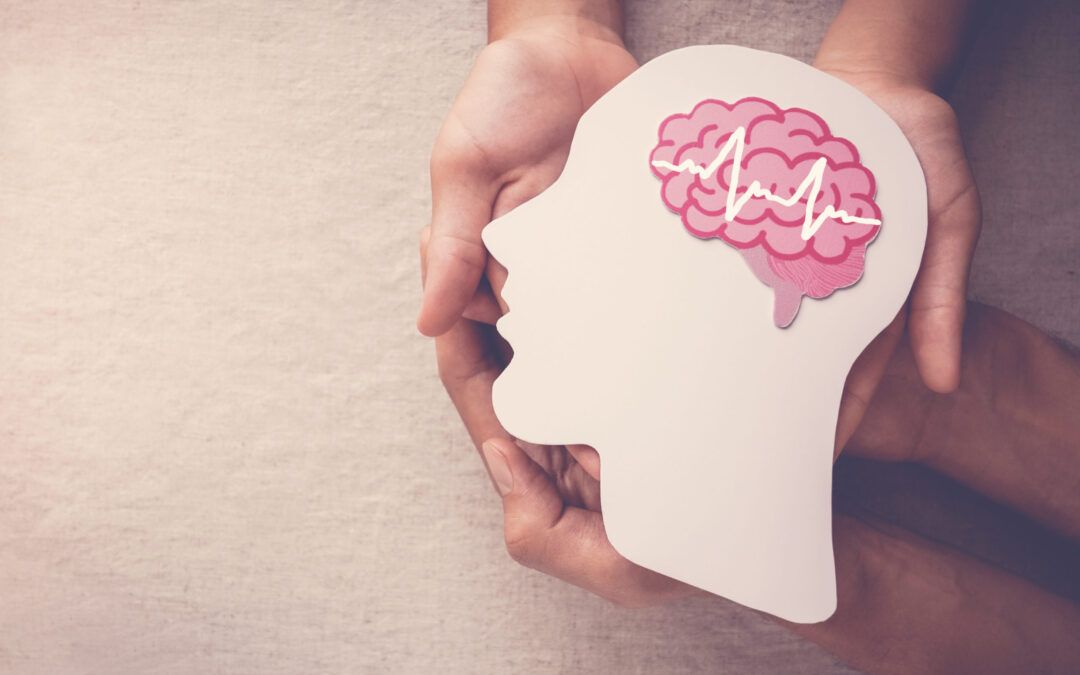Dementia is the term used to describe a set of symptoms that occur when the brain is affected by the disease. Most of us are at least somewhat familiar with Alzheimer’s disease. It is the most common type of dementia, but it is only one of many forms. Each type of dementia has a different cause and affects people in different ways. It may be difficult to tell which type of dementia a person has because they all have some symptoms in common; a thorough doctor’s examination is needed to make a correct diagnosis.
Here are some of the most common types of dementia better explained
Alzheimer’s disease
Alzheimer’s is by far the most widespread form of all dementias. It affects memory first and later progresses to affect other cognitive (brain) abilities, such as speech, ability to reason, and movement. Current treatments for Alzheimer’s disease can help boost the levels of chemical messengers in the brain, which can help with some of the symptoms.
Vascular Dementia
Second, only to Alzheimer’s, vascular dementia is another commonly diagnosed form of dementia. It occurs when there is an interruption in the blood flow to the brain often caused by a stroke, heart disease or diabetes. The onset of vascular dementia is often sudden. Symptoms depend upon the area of the brain affected, but often memory and other cognitive functions, such as decision-making, are impaired.
Lewy-Body Disease (LBD)
Dementia with Lewy bodies (DLB) is a type of dementia that shares symptoms with both Alzheimer’s disease and Parkinson’s disease. It may account for 10-15 per cent of all cases of dementia. It occurs as the result of protein deposits that build up on nerve cells in the brain stem. It results in muscle rigidity, behavioural issues, cognitive loss, hallucinations and tremors.
Frontotemporal Dementia
Another tough form of dementia, Frontotemporal impacts the front and side portions of the brain. The result can be impaired speech, memory impairment, and behavioural problems. It often causes a loss of inhibition that is difficult for family caregivers to control.
Parkinson’s Dementia
When Parkinson’s disease (PD) progresses, it can lead to dementia. This causes memory loss and other typical dementia symptoms in addition to the already tough symptoms of PD.
Huntington’s Disease
Huntington’s disease is a genetic disease that is associated with or may lead to dementia. Huntington’s disease generally begins earlier in life, between ages 30 and 45, and is characterized by mood swings, lack of coordination, and involuntary movement of the head, trunk and limbs. Also, people with Huntington’s may develop dementia symptoms as the disease progresses.
Mixed Dementia
Finally, we come to mixed dementia. This occurs when a senior has two different types of dementia. Many researchers believe a significant portion of people who live with dementia actually suffer from more than one type. The most common combination is Alzheimer’s disease and vascular dementia.
If you or your loved one is showing signs of any form of dementia, we encourage you to speak to a medical professional. If you’re considering a facility for a loved one, get in touch and we will contact you to understand and discuss your unique requirements.
